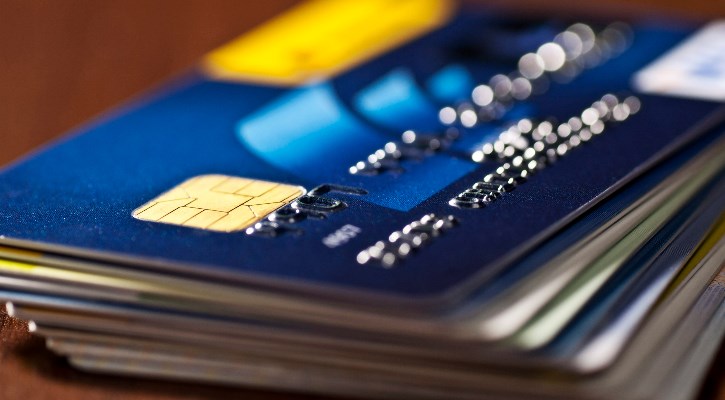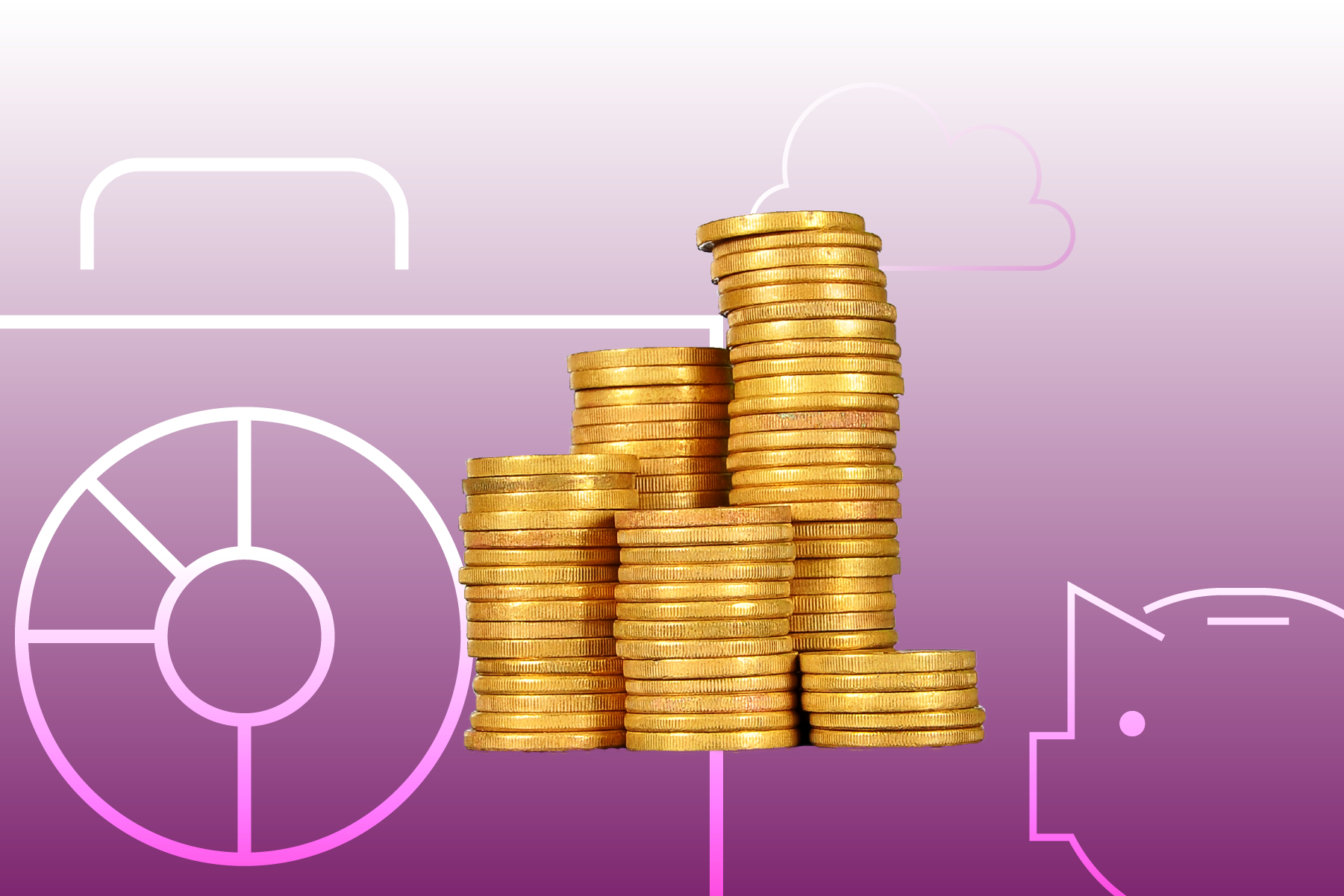Canadians took advantage of the ultra-low interest rates to pay down record amounts of non-mortgage debt during the COVID-19 pandemic. This year, though, the Bank of Canada has been aggressively raising benchmark interest rates in an attempt to tame inflation.
Despite the steady climb, interest rates still remain below pre-pandemic levels. Should borrowers take this opportunity to pay down their credit card debt by taking a low-interest line of credit (LOC) for a limited period of time?
While on the one hand, paying lower interest on your debt sounds like a sound strategy, on the other hand, it means taking on new debt to pay off the old. So what should you do? As always the answer is not a clear cut “Yes” or “No”, but instead, “It Depends.” Considerations include your own financial situation, the causes of the debt build-up, repayment capacity, and future income and expense expectations, among many others.
If you do decide to consolidate your credit card debt and pay it off through a line of credit, though, here are some tips on how to approach it:
When Taking on Any Debt, Look Before You Leap
The logic of moving your debt from a higher interest rate product to a lower one is sound, but there are some things to keep in mind, says Anne Arbour, financial educator at the Credit Counselling Society, a registered, non-profit service for consumers.
“Most important of these is to have and to stick to a disciplined plan for paying off that line of credit without taking on any new debt in the meantime,” she says. “This means not using the excuse of a lower interest rate to add to your borrowings on the line of credit beyond what you used to pay off your credit card(s).”
To do this in a sustainable way, one must understand why the debt occurred in the first place. Was the decision to take on debt driven by a one-off life event? If so, do you have the resources to direct to the line of credit to clear it for good within a specific time frame?
If it’s a case of living beyond your means and then relying on credit to make up the shortfalls in your resources then “you are at risk of adding to your debt load on an ongoing basis,” says Arbour.
There are many resources available to consumers to gain deeper understanding and knowledge of their own personal, unique financial situation. The Credit Counselling Society, for instance, offers free, confidential, and no-obligation conversations with qualified counsellors.
Understand the Conditions of the Loan
Know and understand all the terms and conditions of any product before you sign on the dotted line. Ask many questions, and make sure you understand the answers. Some questions include:
- What is the interest rate?
- What are the monthly payment requirements?
- Is the lower rate offered ongoing or is it only available for a promotional period?
- Are there any administration fees?
- What are the late payment penalties? Are there any prepayment penalties?
- What are the conditions to the loan?
“All of the answers to these questions could easily wipe out the benefit of a lower interest rate product,” cautions Arbour.
Once You Have the Line of Credit, How to Handle Payments?
It’s important to have a firm plan for paying off the line of credit before committing to it. “Ensure that you are sticking to that plan throughout, no matter how many flexible payment options you are offered,” says Arbour, stressing consumers must resist the temptation to treat LOC like a credit card and only make the minimum required payment each month.
That would mean extra interest and a longer payback period, she adds.
Having a good grasp of your numbers and knowing the extra amount you can afford to pay down any outstanding amount on an LOC can save you considerable time and money in the long run.
“Using a budget building tool and debt calculators can help you create that realistic and achievable plan,” Arbour notes.
Keep an Eye on the Risks of Debt Consolidation
One of the key risks is not understanding how the debt accumulated in the first place. Was it unusual circumstances or poor financial decisions? Ask yourself, “Is debt consolidation a band-aid solution that leaves you vulnerable to accumulating more debt in the future [and] are there other options that can help you make a more permanent impact on your financial future,” Arbour says.
Another key risk is not knowing your true capacity to make timely and ongoing payments, even at a lower interest rate, which could ruin your credit worthiness further. “There might be better options available to you, like a Debt Management Program, which can help you make permanent change by consolidating your debts into a single monthly payment and negotiate with your creditors to reduce or eliminate the interest altogether, so you are repaying your principal amount even faster,” Arbour contends.
The added benefit is a new understanding and education of your financial habits, situation and prospects, she adds.
Borrowers must also weigh the risk of taking on more credit than they truly need. “Many financial institutions will offer a higher credit limit than you might need to pay off all your existing debt, and that extra, lower rate cushion can be very tempting to use,” she cautions.
Set Up a Repayment Timeframe for Your Line of Credit
There are numerous online debt calculators that can help consumers determine the right length of time it should take them to pay off debt. Unswerving discipline goes a long way in repaying the loan within prescribed period of time.
“While a fixed loan will have a deadline for repayment, most lines of credit are, similar to a credit card, open ended and revolving, allowing the consumer to repay and reborrow,” says Arbour. “This is where understanding the terms and conditions of the specific product you are signing up for becomes critical.”
Not paying monthly payments by the due date can result in interest accrual, a damaged credit rating and reduced credit score.
As well, avoid treating a line of credit as an ATM. There may be temptation to access funds when you are having a weak moment. Once you have consolidated your debt, put those credit cards away until at least the debt slate has been wiped clean.
Don’t be “tempted by the shiny new zero balance on your credit card(s) to start building that debt back up again,” warns Arbour.
If you’re still unsure where to start, consult a qualified professional who can help you draw up a plan to tackle your debt within your financial means.




















